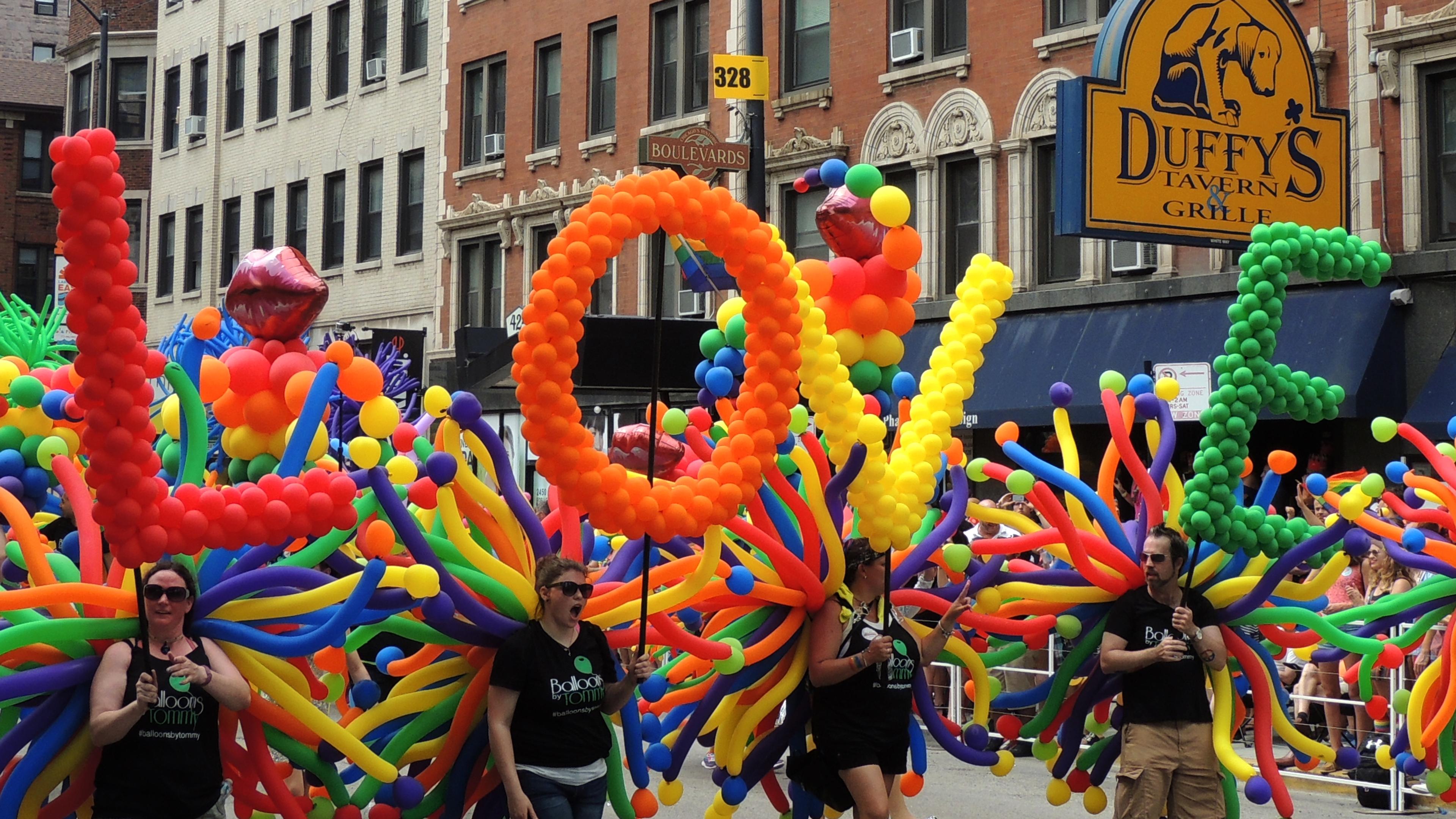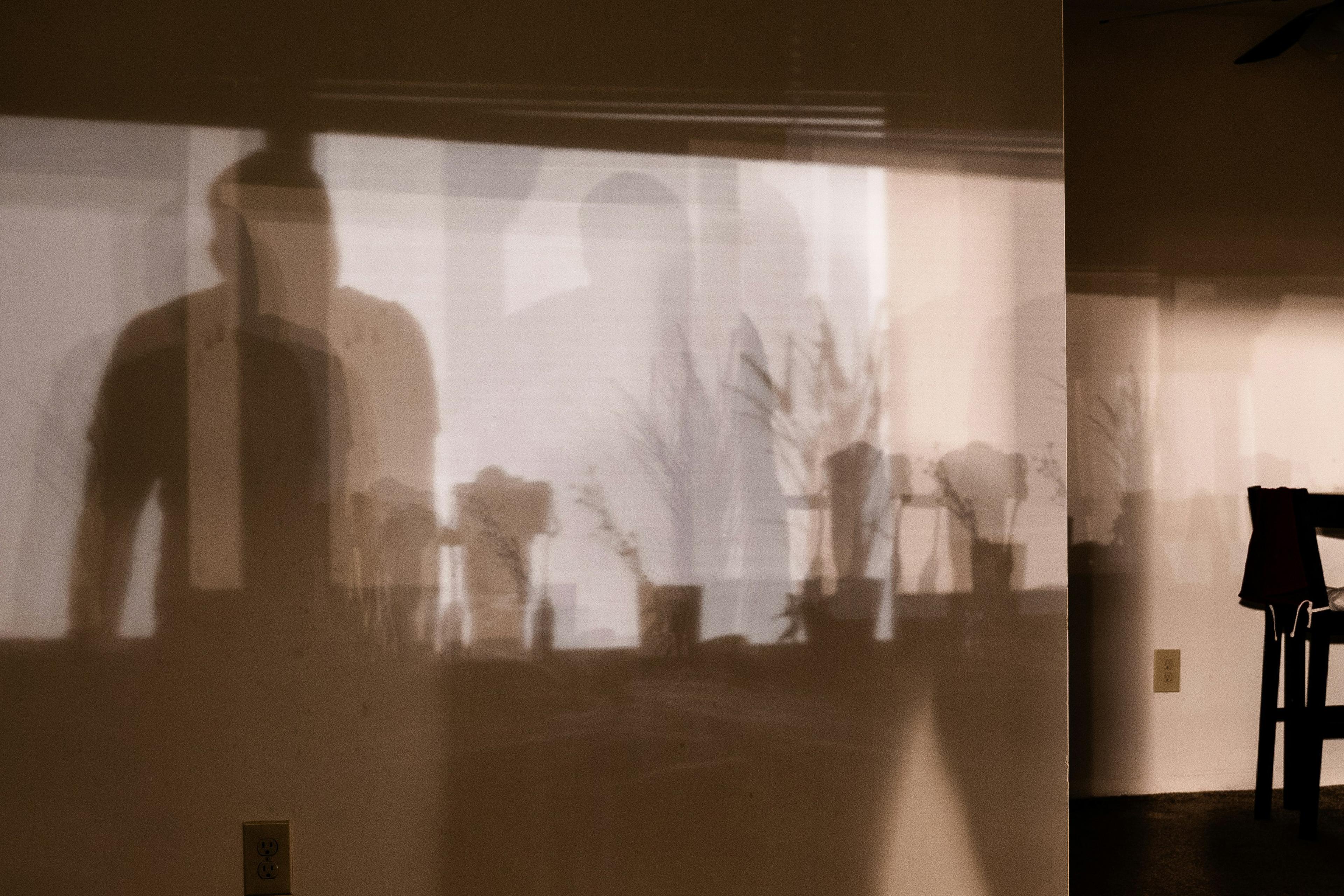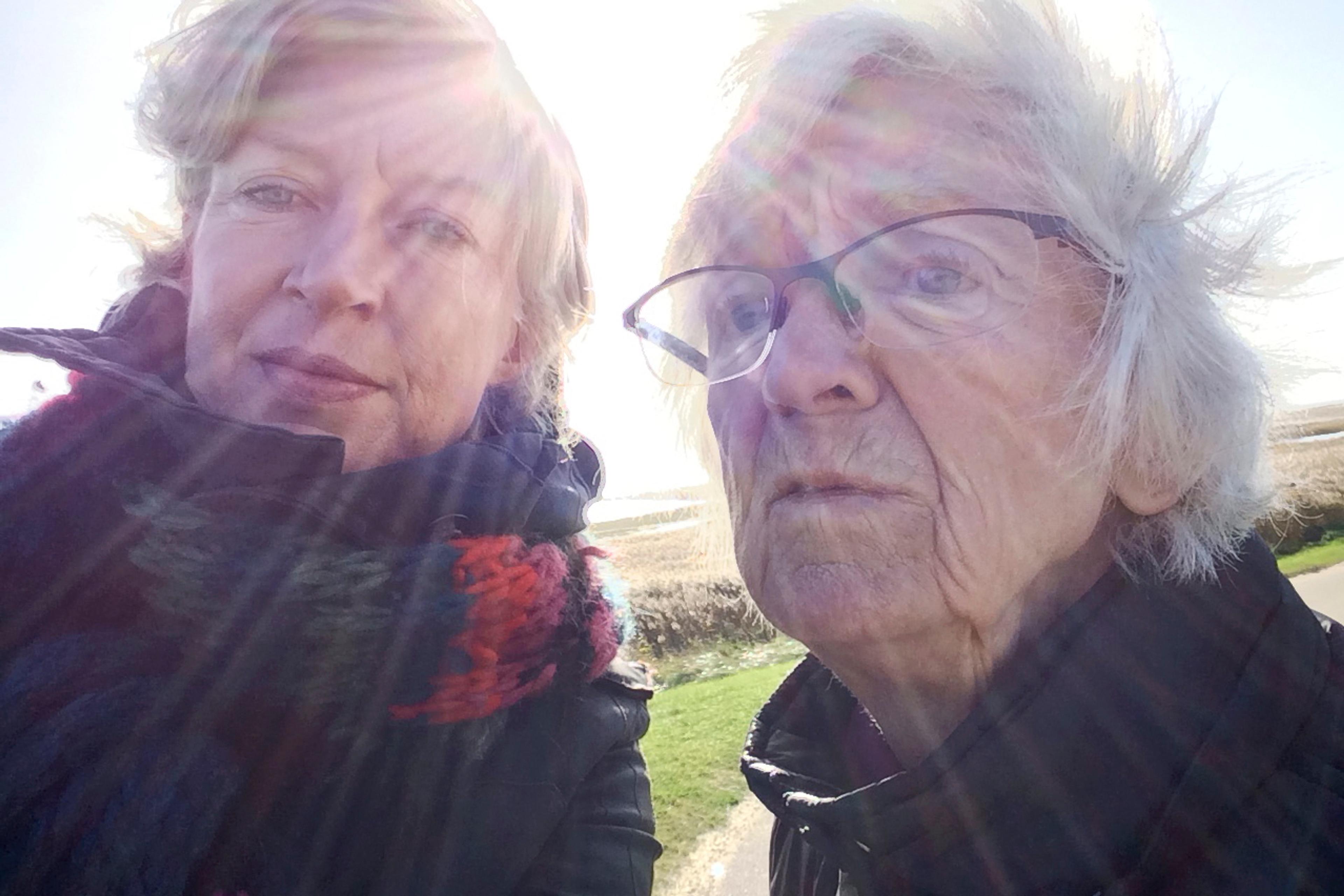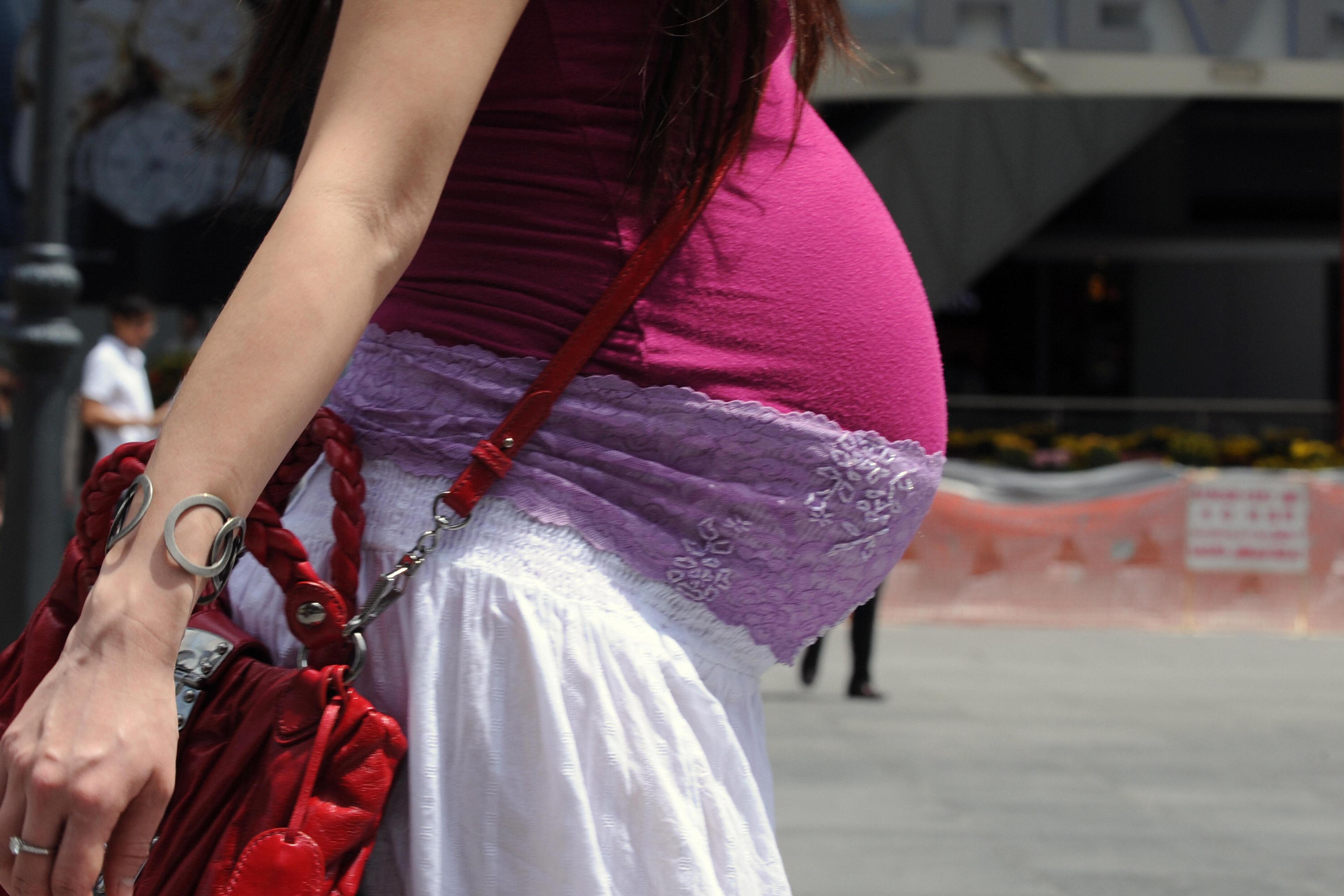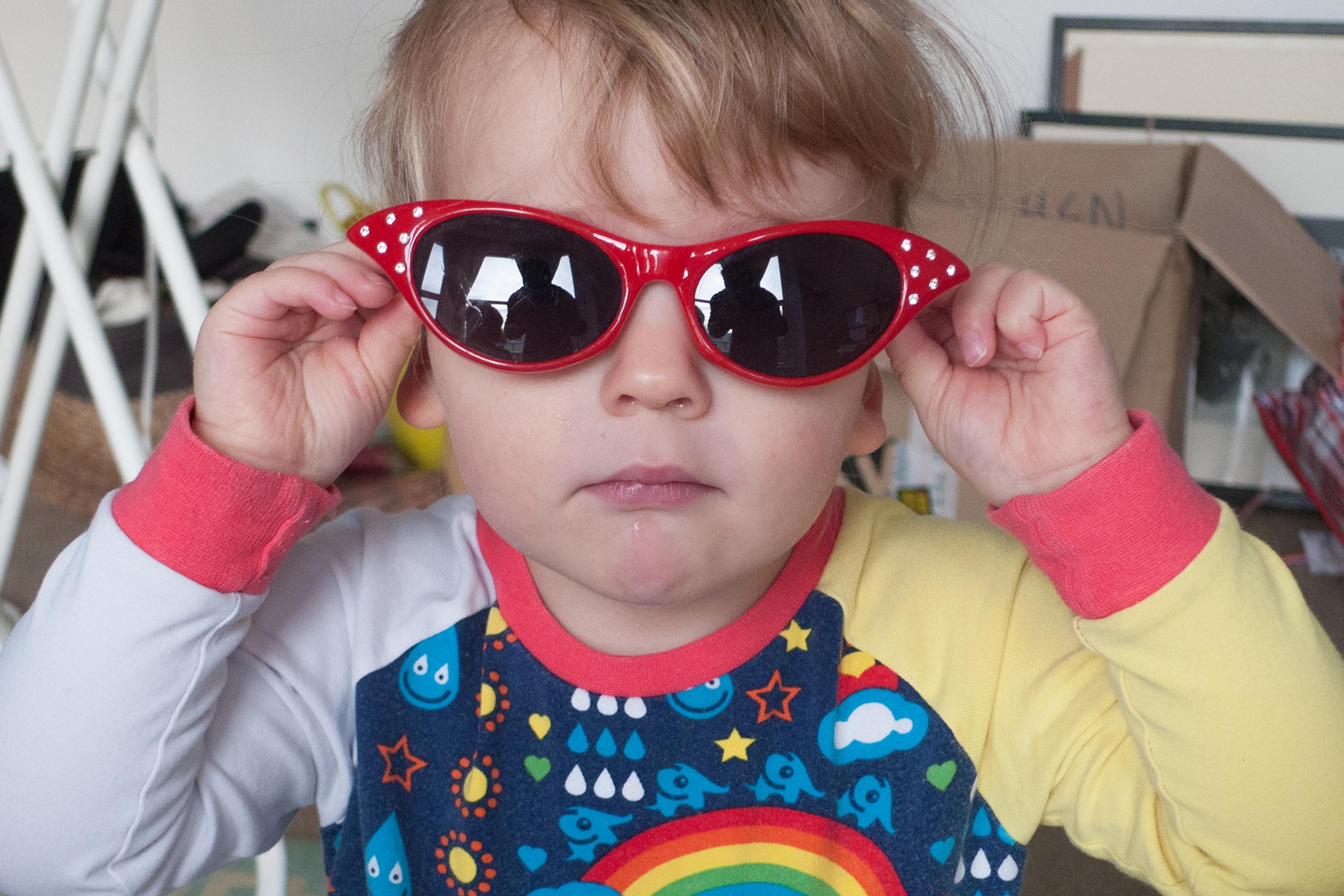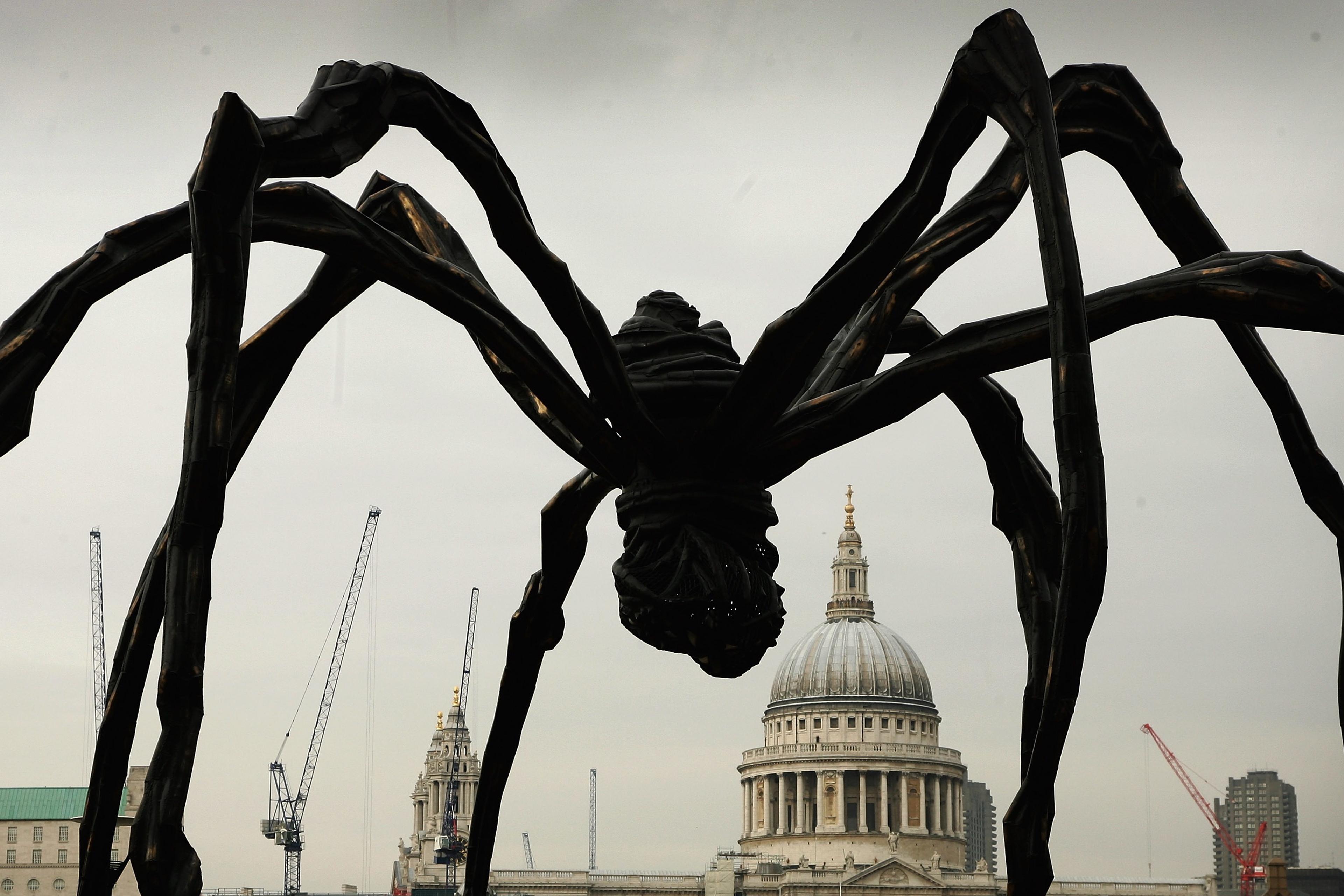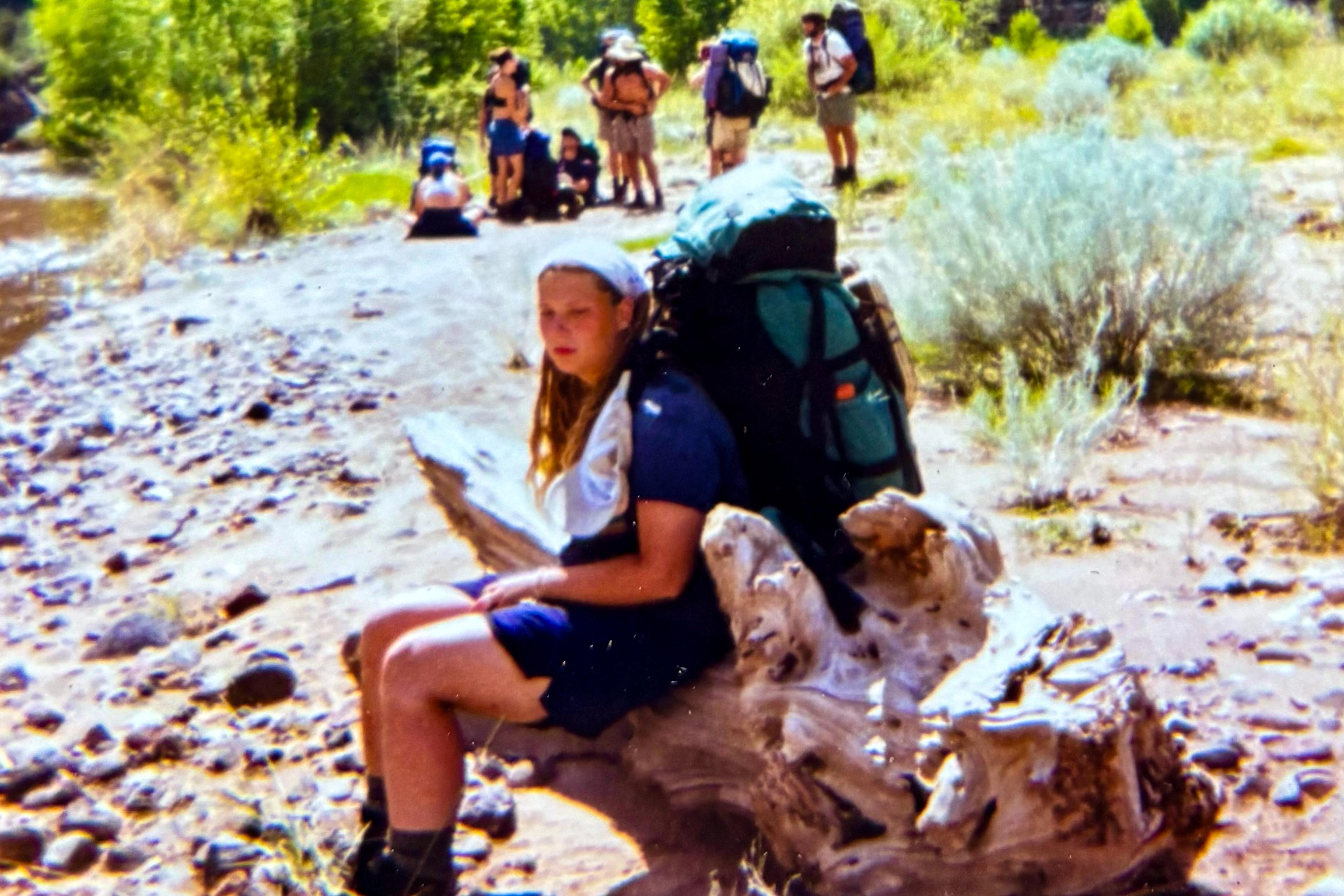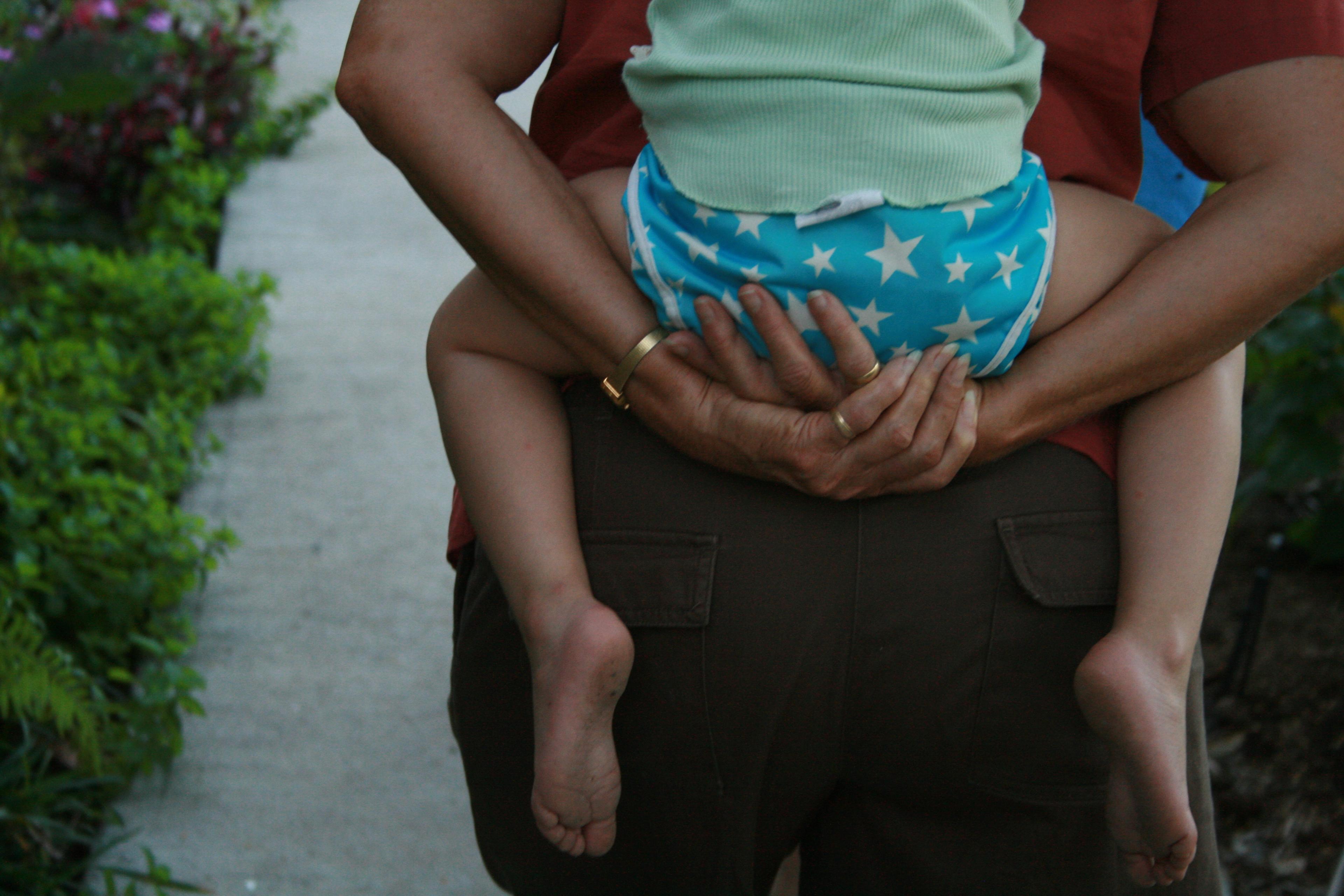A month before graduating from college, my youngest child sat me down and gave me stunning news. His given name, Molly, no longer fit, he told me. His new name would be Henry. I fumbled to find words as questions overtook my thoughts. Did the arrival of Henry cancel Molly? Was it OK to ask questions? How might I show support? What constitutes being a good mother in this situation? The answers didn’t feel obvious.
Overwhelmed by so many unknowns, I struggled to understand my child’s decision. Just as bewildering was how his gender transition raised questions of inadequacy in me as a mother. I wondered if I had misunderstood my child all along, and had overlooked something essential to his nature. My identity as a mother suddenly felt shaky. Ultimately, the unexpected change would redefine my ideas about motherhood.
Motherhood is a central fact of every person’s existence – the universal creation story. Mythology is rich with mother sagas that explain the change of seasons and the lineage of the gods. Adrienne Rich put a twist on the mother archetype in her book Of Woman Born (1976), which talks about the potential of motherhood to radicalise women. People commonly idealise motherhood, thought Rich, which leaves little room for negative emotions like anger. Rich doesn’t condemn anger. She asks ‘that we follow our anger back to its source, so that we can harness its transformative power,’ writes Eula Biss in her foreword to the 2021 edition of Rich’s book.
I felt the rumblings of the transformative power of anger nearly a decade ago, when I went public as the mother of my transgender child.
It was June of 2016, the morning of the Chicago Pride Parade. Henry was several months into his transition at that point. The support group of other trans-parents I belonged to had mustered a group to march. I woke early to make a sign with giant magic markers: I ♡ my trans-child, colouring in the heart with rainbow stripes. Holding it up, I reconsidered – too corny, maybe. But it was my last sheet of poster board. It would have to do.
By the time I arrived, marchers were lining up. It was still morning, but the heat was already bearing down. Everywhere I looked it was an explosion of colour. Floats festooned with rainbow archways made of balloons, flashy dancers, drill teams, men wearing stilettos and lace corsets – it was like being backstage at a Tim Burton send-up of a Vegas show. I’d promised to find my friend Kit, who had come out in her early 50s. I had confided in her about Henry’s transition. Making my way to the Lambda Legal float, I saw Kit standing at the prow, arms akimbo. I waved. When she spotted me, she gave a loud whoop and popped up two thumbs.
Suddenly, police whistles peeled. Cops whizzed by on bikes signalling us to get rolling. I found my group and stuck close to the middle of the street, not sure what to expect on the periphery.
While I couldn’t make out what people were shouting, I saw they were all smiling
As we snaked through the neighbourhood known as Boystown, I held my sign a little higher. Onlookers waved and cheered. A bevy of queens on a high-rise balcony got my attention and blew me kisses. Scanning the crowd, I saw teenagers with acne and braces, old dandies with rainbow ties, all waving and cheering. Young mothers held up toddlers clutching little rainbow flags in their tiny fists. It flashed through my mind that some of these children might one day grow up and have the same conversation my child had with me. Would those mothers feel the same sense of inadequacy that I did?
The cacophony was deafening. While I couldn’t make out what people were shouting, I saw they were all smiling. An anthropologist once taught me the axiom that in no country, province or village anywhere in the world are the upturned corners of the mouth a sign of menace.
The parade slowed to a crawl as floats stuttered around a corner. I was edged to the curb, where a boy saw my sign. He looked to be 12 or 13 years old. Hollering above the din, he pointed at me and shouted hoarsely, ‘You, lady, hey you!’ I moved closer to him so he wouldn’t have to yell. ‘You’re a good mother,’ he said. I lifted my sunglasses to meet his eyes, long enough to see the kid was crying a little. I thanked him and gave him a wobbly smile.
‘Where are you from?’ I asked.
‘Southern Indiana, ma’am,’ he said.
‘Are you heading home after the parade? Or do you plan to stay?’ He shrugged.
It’s hard for some people to imagine that parents evict their gay or transgender teens from the family home, but it’s a common punishment. Every year, scores of LGBTQ+ teens arrive in Chicago seeking safe haven. Living on the streets, many soon become prey, a fate I couldn’t imagine for this sweet-faced boy.
‘Listen, you go home or at least to a safe place,’ I said. The marchers swept me along until he was out of sight.
Sometime later, I can’t say when, we came upon a crowd of protestors, maybe 100 or so, whose faces looked vengeful. There were no upturned corners on any mouths. Some held signs condemning us for our sins, sending us to hell, and insisting that God made only two genders. I stood for a minute, stunned by this wall of human fury.
Everything was reeling. The parents in my group looked panicky. A vanguard of police lined the curb, interlocking their arms to form a safety barrier between us and the fist-shaking throng.
Without warning, something inside of me gave way. Stationing myself behind the cops, I defiantly help up my sign. ‘Every woman has a well-stocked arsenal of anger,’ Audre Lorde wrote – and in that moment, I found mine. Widening my stance as if to gain purchase on the baking asphalt, I thrust my sign higher. A wave of jeers erupted.
My rage was transforming me into something else – a protector of the new person my child had become
No matter how I had seen myself previously as a mother, I was now tapping a well of anger that overtook me. From my belly, I pulled up a bellowing howl that shook my entire body. Then another. I didn’t look at any of the other parents in our group; this was just me now. I was a she-wolf. Each bellow, a soaring primal release of all my petty agonies, my tormented fears about the mother I was or wasn’t, my misbegotten anxiety over my child’s decision. The mob had yanked it out of me and set it free.
I wasn’t thinking it at the time, but I was giving birth to some new kind of motherhood, one that stood apart from the gentler work of mothering that is our cultural ideal. My rage was transforming me into something else – a protector of the new person my child had become.
At some point, a cop’s whistle split the air and he signalled me to move along.
The end of the parade route was a mosh pit of marchers hugging and cheering. I peeled off to meet Henry at a pub. He’d had to miss the parade – he was working a summer job at a grocery store to help meet college expenses – and I was eager to see him.
Waiting for Henry to arrive, I found a spot on the stoop in front of the old brownstone tavern and rested my sign against the iron fence. As I sat down, the full weight of the day – the crowd, the heat, the affirmation, the terror – was all wrung from me at once. I saw my legs were sunburnt and streaked with dirt.
‘Mom!’ I looked up and saw Henry waving from across the street, a bouquet of flowers in his other hand. He looked different. His shoulders were broader, and as he jogged across the street, I noticed his gait was wider. ‘Here, these are for you,’ he said, handing me the bundle of daisies. ‘Thanks for marching, Mom.’
I stood for a while watching him walk away, into his life
We got a table near the window and watched the wilted marchers and spectators stroll by as if in slow motion. Over cold beers and fried snacks we talked about the parade, although I kept the wolf-mom business to myself. At some point, Henry threw back his head and laughed the way he did as a child, when I’d toss him up in the air. I felt a catch in my throat.
When we eventually stepped out of the pub and into the warm June evening, the sounds of house parties rose and flowed into the lit street. Henry had plans to meet friends, so we said our goodbyes and parted. I stood for a while watching him walk away, into his life.
Days later, I got a text from my friend Kit with a picture of me she’d taken from her perch on the Lambda float, before the parade had started. I was holding my sign. My smile was a faint slit. I looked small and timid, not at all the mother I became later that day.
Back then, I didn’t grasp that my child’s gender transition was not, in itself, what shook my identity as a mother. I had accepted his transition early on. What took longer was acknowledging that I played no part in the conception of this new person: he had done it on his own. I could be encouraging and loving. I could be mindful of his pronouns. I could respectfully remove all the pictures of him as a girl. And, as I discovered during the parade, I could strike a powerful stance on behalf of my son. But I could not give birth to him a second time.
The ultimate task of parenting is to raise a confident person who is able to individuate
When that fact sunk in, so did a new reality. My child’s life now commenced from a different point of origin, and the arc of his story would be ripened by his ambitions, not mine. My influence as a mother was waning. Instead of wanting to guide my son, I became open to letting him guide me.
This moment of transformation comes for every parent, I think, when children transcend their upbringing to become themselves. It is inevitable. Uneasy as parents feel when our children strike out in a bold new direction, psychoanalysts have long reminded us that the ultimate task of parenting is to raise a confident person who is able to individuate. I know this process to be mutual, now, between a mother and child.
I couldn’t imagine then where the days of hormones and hirsuteness would take us. But my thoughts for Henry fell on the side of wonder about who he was becoming, and the possibilities that lay before him. We were both dying a little, I thought, and both being born into something entirely new.
